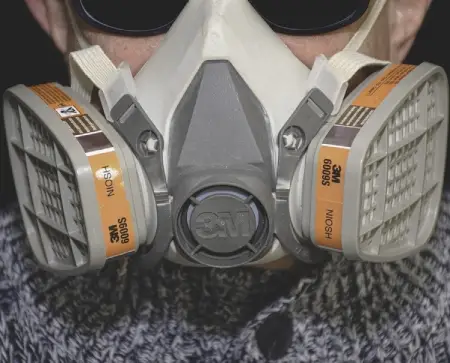
Tiny particles are all around us. They are resting on top of untouched surfaces, where we walk in the soil, and even floating in the air. The latter is especially true in the Northwest Region of the United States, parts of California, and parts of South Western Canada. These tiny particles, while generally not a cause of concern on an average day, have become a hazard to those in areas where wildfire smoke is most prevalent from the recent fires.
This smoke contains tiny particles and chemicals from incomplete burning of materials that contain carbon. The carbon monoxide, dioxide, and soot in the smoke can affect anyone who is breathing it in. It is notably harmful to children under the age of 7, adults over 65 years of age, pregnant women, smokers, and individuals with preexisting lung and heart conditions. If you fall under one of these groups, it is best for you to be aware of the hazards, and to limit all exposure with the smoke in your area. This also goes to say that even if you are healthy, you are also prone to some of the symptoms associated with bad air quality, especially in areas that are categorized as Unhealthy for Sensitive Groups (USG), and above.
Common symptoms from smoke inhalation include:
• Sore throat
• Coughing
• Stinging eyes
• Irritated sinus
• Shortness of breath
• Chest pain or tightness
In these conditions, it is best to stay indoors, and limit the intensity of your activities until the smoke has cleared and air quality has improved. If you need to go outside, you can always consider getting a respiratory mask to help filter out the particles present in the air. These are common used by workers in certain job fields but can be utilized by those who fall under the USG category. The best masks to use are respiratory masks that are NIOSH approved or N-95 and up. These masks filter out airborne particles that can affect your health.
Although these masks can filter 95% of the particles that are present in the air, it is best to consult your doctor or a professional on how to properly wear one. This will help prevent having your breathing restricted more than needed.
Despite that you can use a mask to help filter most particles out, most health officials have stated that it is better for those who fall under the USG category to stay inside with all windows shut and the air conditioner on. So, try and stay indoors, and keep your health as a top priority as much as possible.
For more inforation: uat-www.hardhattraining.com
For more information on this topic click here and here.
